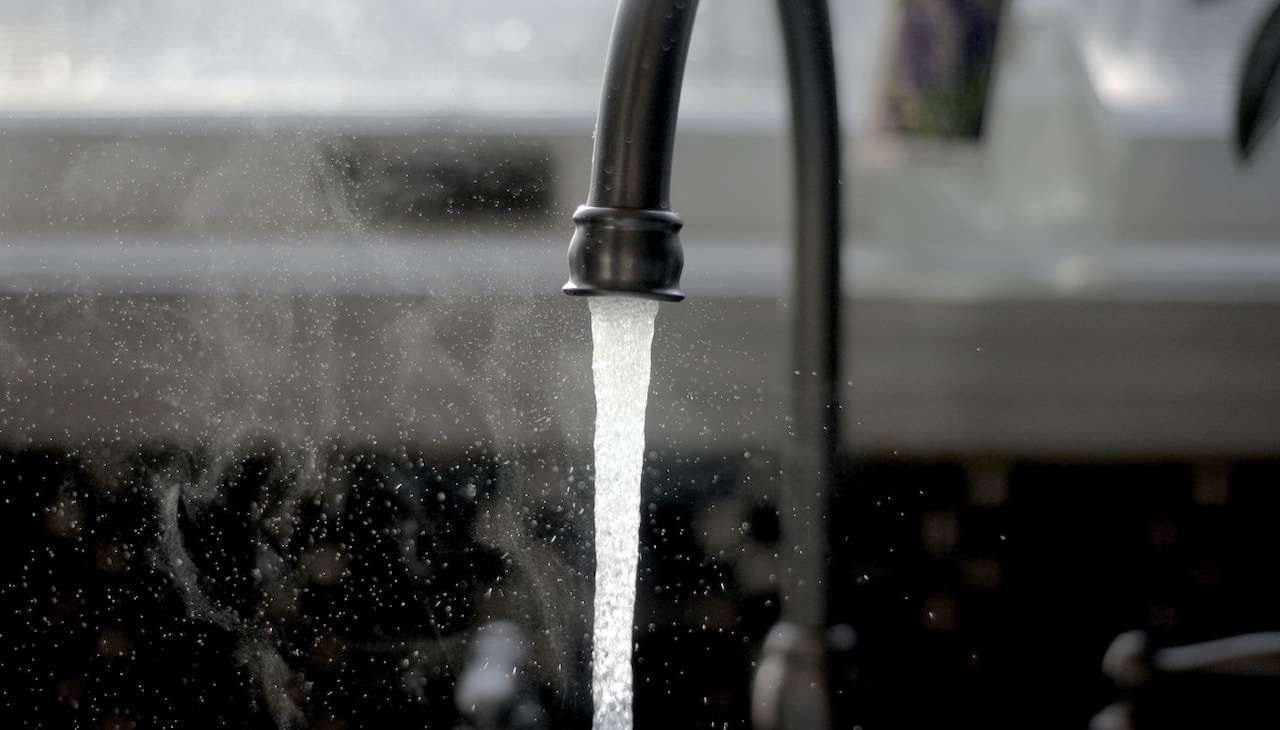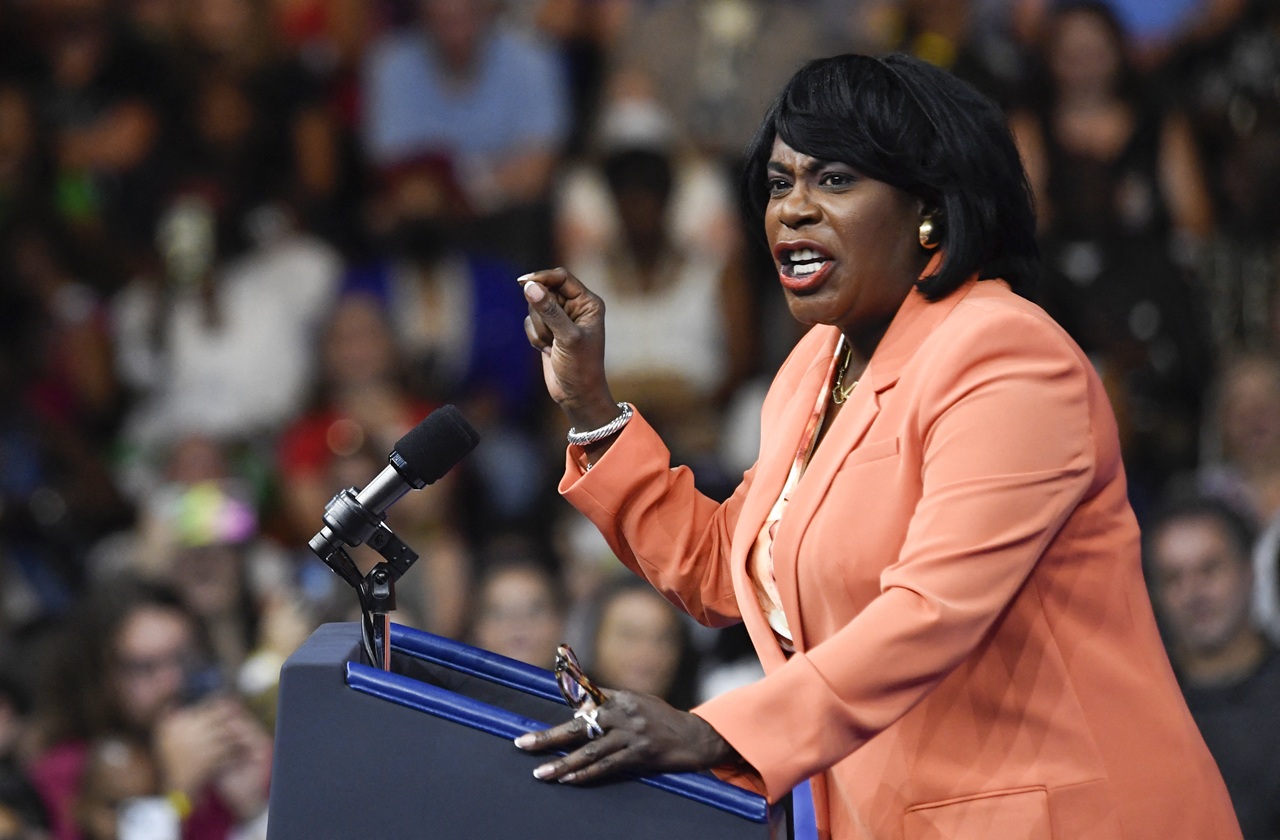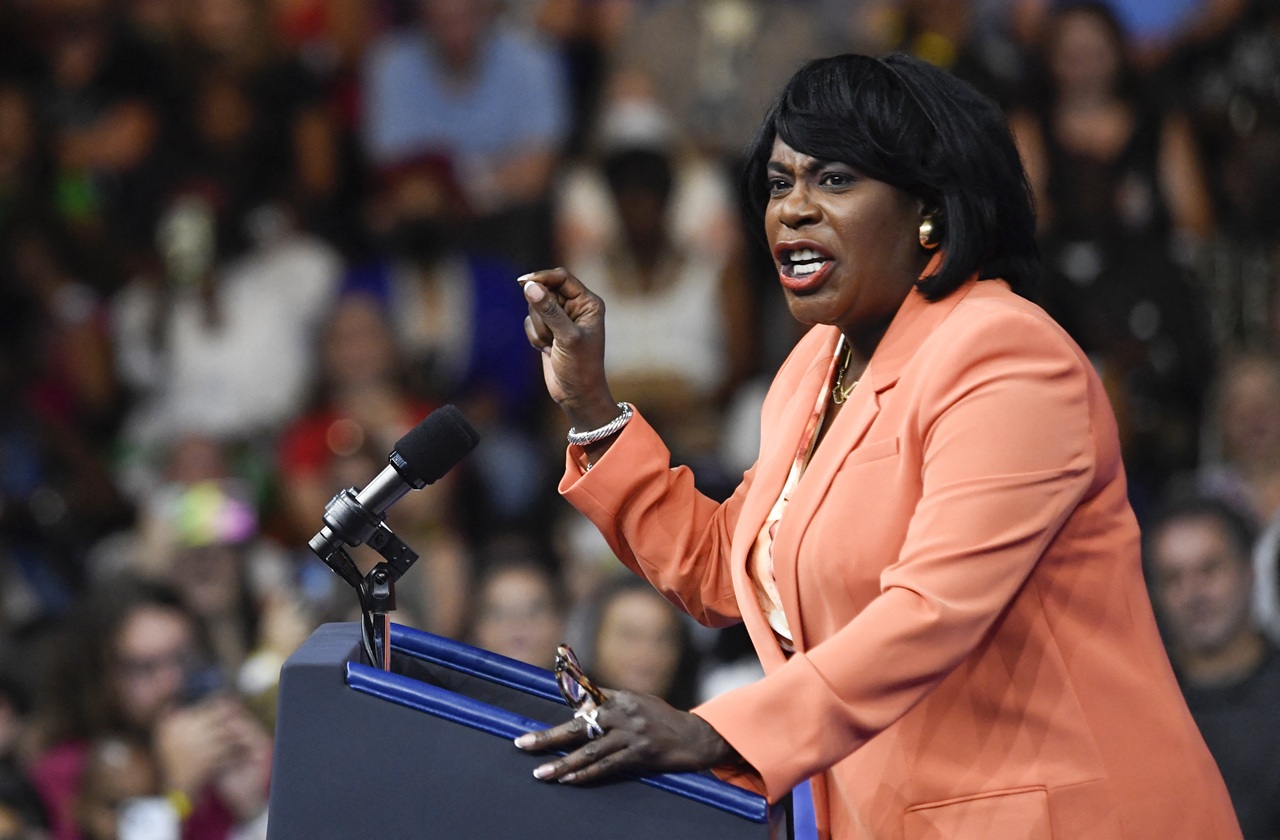
Philadelphia officials declare water is safe, not impacted by Bucks County chemical spill
Mayor Jim Kenney, along with other city officials made the announcement Tuesday evening, March 28, after days of public uncertainty.
After five days of fear and uncertainty over Philadelphia’s water, Mayor Jim Kenney and other officials declared it to be safe and unimpacted after 8,000 gallons of a water-based latex finishing solution from the Trinseo Altuglas chemical facility in Bristol, Bucks County spilled into the Delaware River on Friday, March 24.
“We can all confidently say the threat has passed,” Kenney said at a news briefing Tuesday evening. “I repeat, all the city’s drinking water is safe to drink,” as he drank a glass of water in front of the media.
According to the owner of the plant that also makes acrylic resins, cited equipment failure as the cause of the spill.
“I am grateful that no residents were exposed to unsafe chemicals in the City’s tap water following the spill,” said Kenney in a press release.
“This is a result of the swift action, caution, and preparedness of City Departments and partners as well as their commitment to ensuring the well-being and health of all Philadelphians,” he added.
Kenney’s update came from water sampling conducted that same morning, Tuesday, March 28, and hydraulic modeling that accounts for rainfall received in the Delaware River Watershed on Monday and Tuesday, including the flow and tide of the river.
Over 100 additional samples taken by PWD, regional water utilities, the U.S. Coast Guard, PA DEP, and U.S. EPA found no contaminants.
“It’s safe, it’s contaminant free, and we can all enjoy it to drink, to cook with, wash with — whatever you want,” said Mike Carroll, deputy managing director of the City’s Office of Transportation, Infrastructure, and Sustainability, during a streamed briefing on Tuesday.
This ends the ongoing advisories about monitoring at the Baxter Drinking Water Treatment Plant as well as the public panic that ensued following news of the chemical spill.
Officials on Sunday advised residents to buy bottled water that caused supply shortages at many stores across the city. The city later informed the public that the water was safe and instead opted for a city alert system advising residents to store tap water in containers instead.
According to the city, they looked at effective treatment methods while still determining if the water was contaminated. They added that there was a plan if contamination occurred, but did not release it publicly.
The city's health commissioner, Cheryl Bettigole, said any contamination would have been at a "very, very low level" since the chemicals that had come through the river went through treatment, making any health risks "extremely unlikely.”
According to the press release from the Mayor’s office, out of caution, PWD will continue enhanced monitoring of the Delaware River and the Baxter Drinking Water Treatment Plant for and any and all information including water quality sampling results, will be made available online.
RELATED CONTENT
In the aftermath of the spill however, distrust towards city government officials and questions about their transparency have grown. Criticism came over how quickly they changed advisories regarding how long the water supply might remain safe, and also if they should instead be using bottled water instead of tap water.
But officials tried to set the record straight during the briefing and pushed back on the public’s criticism of the city’s response and communication.
Carroll said that they learned very quickly after the spill that they would “maximize our vigilance” and communicate with the public.
”It was important for us to be able to guarantee that none of our customers were exposed to any contaminants,” Carroll said, who joined Kenney in drinking a glass of water. He said part of that process was to “communicate to people as much as we could.”
Philadelphia Health Commissioner Cheryl Bettigole vowed that the city would review their messaging during the aftermath and look for improvements.
”Everything gets coalesced into tiny messages on social media, and so something very nuanced became something very short,” Bettigole said. “So, you know, that’s something we want to learn from.”
As for the quick change of advisories over the weekend, Bettigole said it’s a decision taken at a moment when very little information is available.
”You’re making decisions with the best information you have at that moment,” Bettigole said. “And the best information we had at that moment was that this is probably an extremely low risk, but people might end up with some contaminant in our water.”
As the city looks to move forward, to continue to get alerts about drinking water quality, sign up for ReadyPhiladelphia by texting READYPHILA to 888-777 for free phone alerts or customize free text and email alerts by visiting the Office of Emergency Management’s website at www.phila.gov/ready.
For official updates from the Philadelphia Water Department, follow @PhillyH2O.











LEAVE A COMMENT: